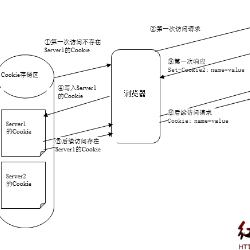The collapse of social contexts has been amplified by digital infrastructures but surprisingly received insufficient attention from Web privacy scholars. Users are persistently identified within and across distinct web contexts, in varying degrees, through and by different websites and trackers, losing the ability to maintain a fragmented identity. To systematically evaluate this structural privacy harm we operationalize the theory of Privacy as Contextual Integrity and measure persistent user identification within and between distinct Web contexts. We crawl the top-700 popular websites across the contexts of health, finance, news & media, LGBTQ, eCommerce, adult, and education websites, for 27 days, to learn how persistent browser identification via third-party cookies and JavaScript fingerprinting is diffused within and between web contexts. Past work measured Web tracking in bulk, highlighting the volume of trackers and tracking techniques. These measurements miss a crucial privacy implication of Web tracking - the collapse of online contexts. Our findings reveal how persistent browser identification varies between and within contexts, diffusing user IDs to different distances, contrasting known tracking distributions across websites, and conducted as a joint or separate effort via cookie IDs and JS fingerprinting. Our network analysis can inform the construction of browser storage containers to protect users against real-time context collapse. This is a first modest step in measuring Web privacy as contextual integrity, opening new avenues for contextual Web privacy research.
翻译:暂无翻译




